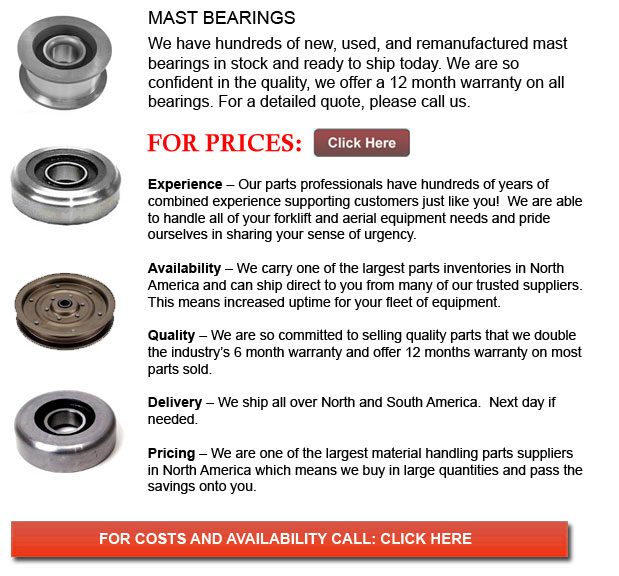
Forklift Mast Bearing - A bearing allows for better motion between two or more components, normally in a rotational or linear sequence. They can be defined in correlation to the direction of applied cargo the could take and in accordance to the nature of their application
Plain bearings are usually utilized in contact with rubbing surfaces, normally with a lubricant like graphite or oil also. Plain bearings could either be considered a discrete gadget or non discrete device. A plain bearing could have a planar surface that bears another, and in this particular situation would be defined as not a discrete device. It could have nothing more than the bearing exterior of a hole with a shaft passing through it. A semi-discrete example will be a layer of bearing metal fused to the substrate, whereas in the form of a separable sleeve, it would be a discrete gadget. Maintaining the correct lubrication allows plain bearings to provide acceptable friction and accuracy at minimal cost.
There are various bearings which can help enhance and cultivate effectiveness, reliability and accuracy. In many applications, a more suitable and exact bearing could better operation speed, service intervals and weight size, therefore lowering the whole costs of using and buying equipment.
Bearings would vary in shape, application, materials and needed lubrication. For example, a rolling-element bearing would use drums or spheres between the parts to control friction. Less friction gives tighter tolerances and higher precision compared to plain bearings, and less wear extends machine accuracy.
Plain bearings could be made of metal or plastic, depending on the load or how corrosive or dirty the surroundings is. The lubricants that are used may have drastic effects on the friction and lifespan on the bearing. For example, a bearing may work without whichever lubricant if constant lubrication is not an alternative since the lubricants can draw dirt which damages the bearings or tools. Or a lubricant may enhance bearing friction but in the food processing business, it may need being lubricated by an inferior, yet food-safe lube to be able to prevent food contamination and ensure health safety.
Nearly all high-cycle application bearings need cleaning and some lubrication. Sometimes, they can require adjustments so as to help minimize the effects of wear. Various bearings can need infrequent repairs in order to avoid premature failure, although fluid or magnetic bearings can need not much preservation.
Prolonging bearing life is normally attained if the bearing is kept clean and well-lubricated, although, several types of operation make constant upkeep a difficult job. Bearings located in a conveyor of a rock crusher for example, are continuously exposed to abrasive particles. Frequent cleaning is of little use since the cleaning operation is pricey and the bearing becomes contaminated once more as soon as the conveyor continues operation.
![]() Click to Download the pdf
Click to Download the pdf
Forklift Parts


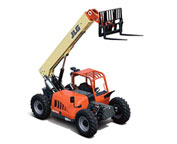


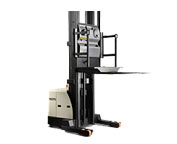
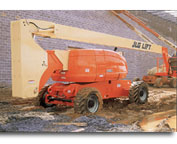
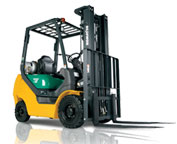
Lift Parts Express
TOLL FREE: 1-888-695-7994
forkliftpartsquebec.com
Email Us
About Us


